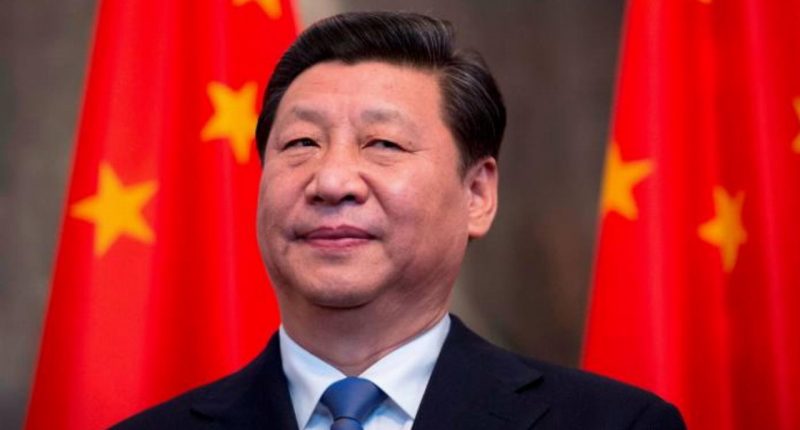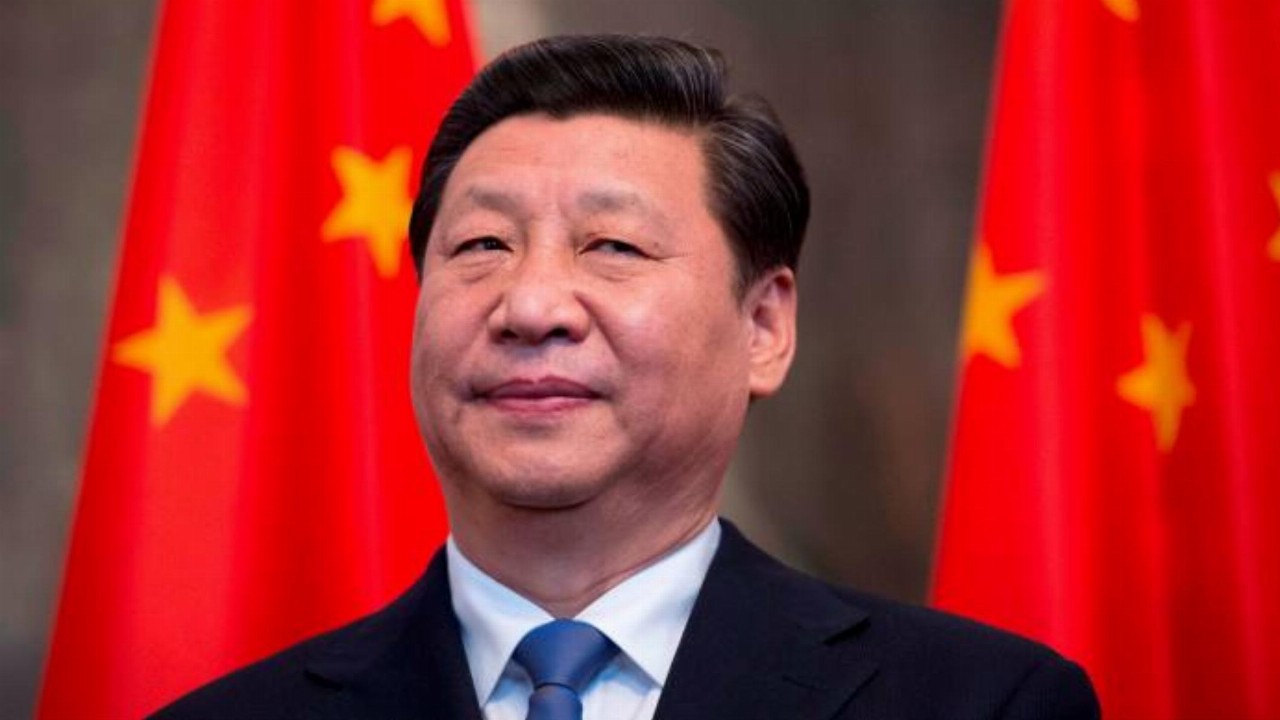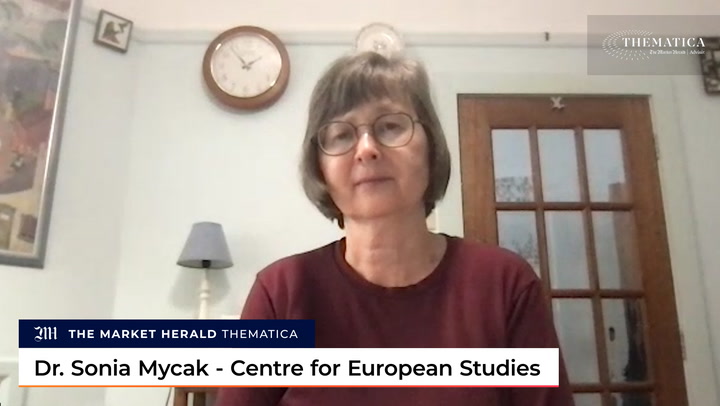- China’s Parliament has approved a draft decision to change Hong Kong’s electoral system through various reforms
- Under the proposed changes, a committee of Chinese loyalists will approve or reject candidates for Hong Kong’s political leadership
- The committee will also get to appoint most of Hong Kong’s legislative councillors, without them being elected by the people
- This will further reduce democratic representation in Hong Kong, where protests against the Chinese government have been rife since 2019
- Australia’s Foreign Affairs Minister has expressed concerns about the development, which she fears will impact freedom of political expression
China’s Parliament has approved a draft decision to change Hong Kong’s electoral system through various reforms.
The government’s proposed changes would further reduce democratic representation in Hong Kong’s institution and increase China’s control over the island nation.
In particular, the reforms would give extensive power to a 1,500-member committee, which is likely to be filled with Chinese government loyalists. The committee would have the authority to approve or reject any political candidate seeking to become run for office in Hong Kong.
In addition, the same committee would have the ability to directly appoint a relatively large number of Hong Kong’s 90 politicians, including legislative councillors. This would further reduce the number of seats which are directly and democratically elected by the people.
The electoral reforms were passed during a press conference, held on the final day of the annual National People’s Congress in Beijing. The press conference was held by China’s Premier and second-highest ranking leader Li Keqiang.
Out of the almost 3,000 votes made during the conference, not a single one was cast against the proposed electoral changes. One delegate abstained from the vote, with all the rest of the delegates voting to approve the reforms.
The proposed changes are part of China’s latest attempt to reassert its political influence over Hong Kong, where protests against China’s government have been rife since 2019. The government described the reforms as a way of plugging “loopholes” which allowed “unpatriotic” people to hold elected office in Hong Kong.
Australia’s Foreign Affairs Minister Marise Payne has expressed concerns about the developments in China on Twitter.
Australia is seriously concerned about changes by Beijing to Hong Kong’s electoral system, which weaken its democratic institutions. It is essential that Hong Kong people have channels to exercise their fundamental freedom of political expression. @dfat
— Marise Payne (@MarisePayne) March 11, 2021
In her tweet, she voiced her fears that the reforms would deal a heavy blow to freedom of political expression, and could potentially spell the end for the democratic process in Hong Kong.








